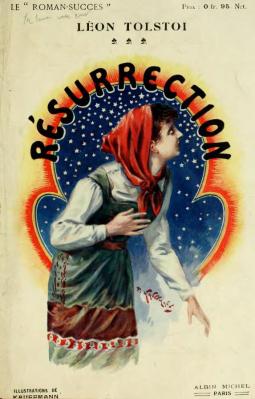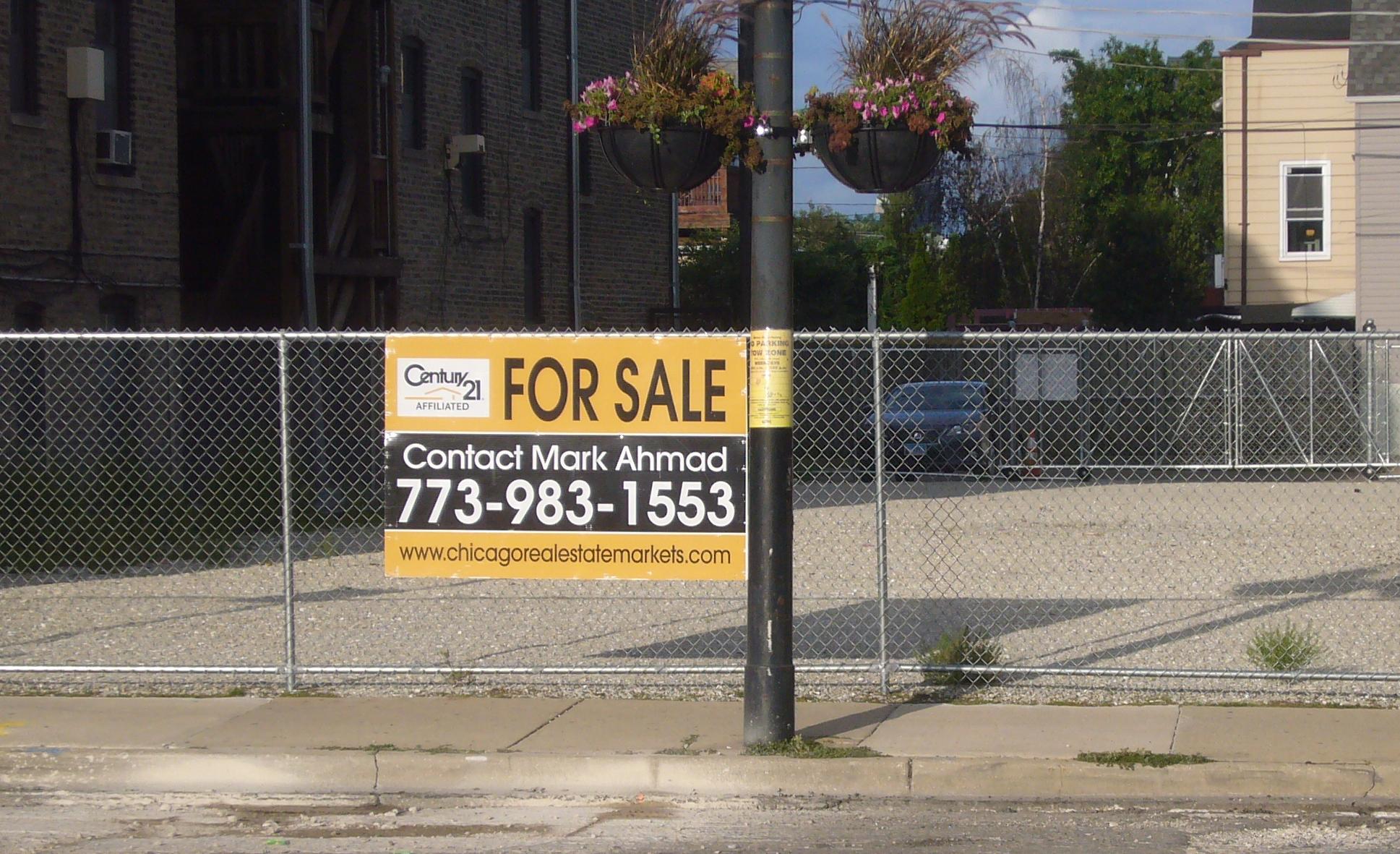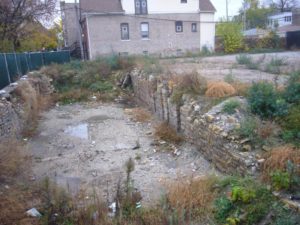 Resurrection (1899)
Resurrection (1899)
By Leo Tolstoy
This late 19th-century novel about nobleman Dmitri Ivanovich Nekhlyudov’s efforts at redemption after a life of sin is Tolstoy’s last major novel before his death in 1910. The readers will have a complex relationship with the tormented protagonist and his desperate attempts at redemption and forgiveness, since Nekhlyudov’s misguided decisions and youthful errors are often not so dissimilar from our own. Resurrection is a scathing exposition of the myriad prejudices of the man-made justice system and the hypocrisy of the establishment, while it also explores the economic philosophy of Georgism – of which Tolstoy had become a strong advocate toward the end of his life. [from the Culture Trip]
Political Economy Book Club discussions are open to everyone interested, without charge, and the text (in English translation) is available free from various sources including archive.org, who also offer a free audiobook. There is also a more recent translation by Anthony Briggs, which can be purchased or licensed in various formats and is available in some public libraries. Any questions about the PEBC may be directed to Convenor Bob Matter,
Recent books by Scott Baker and Tom Tresser (ed) assert that America is not Broke and Chicago is not Broke. They’re right, of course, and neither is Illinois. Using principles outlined by Henry George, this presentation will show how the community could choose to collect the value it creates, funding its needs without discouraging productive work.
Recent books by Scott Baker and Tom Tresser (ed) assert that America is not Broke and Chicago is not Broke. They’re right, of course, and neither is Illinois. Using principles outlined by Henry George, this presentation will show how the community could choose to collect the value it creates, funding its needs without discouraging productive work, and without burdening the earning power of the most needy.
This is an update of material originally presented in May of this year. While subsequent developments have transferred some of the economic distress from governments to citizens, there is no indication that the politicians or other interest groups involved admit any understanding of the fundamental economic principles described here.

Recent books by Scott Baker and Tom Tresser (ed) assert that America is not Broke and Chicago is not Broke. They’re right, of course, and neither is Illinois. Using principles outlined by Henry George, this presentation will show how the community fails to collect its legitimate earnings, instead placing barriers against productive work and making it unnecessarily difficult for working people to earn a living.
This is an update of material originally presented in May of this year. While subsequent developments have transferred some of the economic distress from governments to citizens, there is no indication that the politicians or other interest groups involved admit any understanding of the fundamental economic principles described here. Without this understanding, even honest government couldn’t put Illinois on a path to prosperity and freedom.
This Henry George School presentation is sponsored by the Chicago Ethical Humanist Circle, is free and open to the public. The Library is three blocks from the Western Brown Line CTA station.

Cook County isn’t broke either. Neither is Chicago.
In this session you will learn about the legitimate earnings that our communities generate every day, and how collecting these earnings would allow removal of barriers to productive work which make it unnecessarily difficult for working people to earn a living.
There’s plenty of waste and fraud throughout government, but that’s not the focus here. Even an honest and efficient government requires revenue, and the source of that revenue determines whether we can have prosperity and freedom, or — something else.
PREREGISTRATION MANDATORY. This program is free, but due to building policies you must pre-register by email or by phoning us at 312 450-2906.

Cook County isn’t broke either. Neither is Chicago.
In this session you will learn about the legitimate earnings that our communities generate every day, and how collecting these earnings would allow removal of barriers to productive work which make it unnecessarily difficult for working people to earn a living.
There’s plenty of waste and fraud throughout government, but that’s not the focus here. Even an honest and efficient government requires revenue, and the source of that revenue determines whether we can have prosperity and freedom, or — something else.
PREREGISTRATION MANDATORY. This program is free, but due to building policies you must pre-register by email or by phoning us at 312 450-2906.
The annual gathering of North American activists and educators promoting economic justice. The date and location are set, but other details will be posted to their site as they are determined.

Join us in celebrating Income Tax Appreciation Day. This page will be updated with specifics of our celebration as we figure out how best to do it.

Decades before Wealth of Nations, Adam Smith wrote what he seems to have considered a superior work, Theory of Moral Sentiments. He wrote:
How selfish soever man may be supposed, there are evidently some principles in his nature, which interest him in the fortune of others, and render their happiness necessary to him, though he derives nothing from it except the pleasure of seeing it.
Wikipedia asserts:
Smith critically examines the moral thinking of his time, and suggests that conscience arises from dynamic and interactive social relationships through which people seek “mutual sympathy of sentiments.”[74] His goal in writing the work was to explain the source of mankind’s ability to form moral judgement, given that people begin life with no moral sentiments at all. Smith proposes a theory of sympathy, in which the act of observing others and seeing the judgements they form of both others and oneself makes people aware of themselves and how others perceive their behaviour.
The Theory of Moral Sentiments has been printed in numerous editions, and is also available free on line. Smith revised the book throughout his lifetime; it’s best to avoid the first edition, and choose one published after his death in 1790.
In this session we’ll discuss parts 1-3 of the book, taking up parts 4-7 on November 20,

